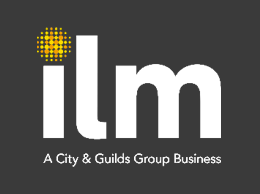A year on and we are still not living the lives we all want to live. Who would have thought that we would still be in this situation a whole year ago.
So many people have gone through such terrible times, losing people they love, losing their job, businesses failing, failed relationships, abusive relationships, the list is endless.
Being resilient is crucial to maintaining good mental health. While it’s ‘okay to not be okay’ we don’t want to feel sad forever so we need to be able to ‘bounce back’ and try and rebuild our life and emotions which in turn, can enable us to grow and strengthen us for the future.
You may of heard of the term ‘Mental Toughness’ which is a frequently used to refer to any set of positive attributes that help a person cope with difficult situations.
Studies have shown that there is a strong link between Mental Toughness and Performance, Agility, Wellbeing and Aspirations. All of these have major applications in Individual coaching and development, leadership development and team working.
So, what challenges are leaders facing today? We need to consider the performance and wellbeing of those in leadership roles. The performance and wellbeing of those leaders you are providing leadership to and when some form of normality resumes in the world and employees return to work, we need to consider what sort of state they will be in.
At Futureproof we can help you to look after your leaders and employee’s well-being. We offer several short virtual courses that can support you through this. Some of the short courses we offer are:
- Mental Toughness
- Mental Health for Key Stakeholders
- Mental Health Awareness (for Employees)
- Mental Health Awareness (For Managers)
- Developing Personal Resilience
- Leading Team Resilience
- Overcoming Imposter Syndrome
Please take a look at our courses so we can help you provide the much needed support for your employees and leaders.






